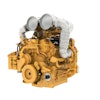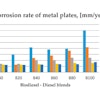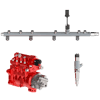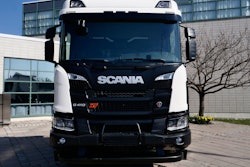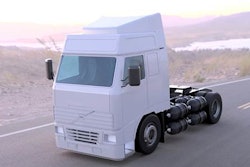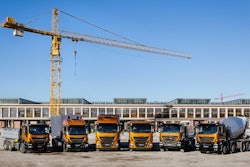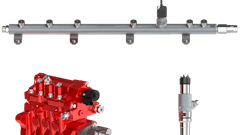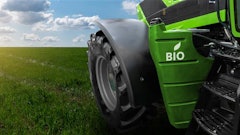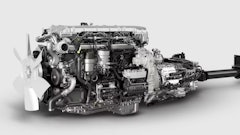Carbon Engineering (CE), a Canadian-based clean energy company, has published new research that proves CO2 can now be captured from the atmosphere for less than $100USD per ton. Released in a peer-reviewed paper, CE’s breakthroughs in Direct Air Capture (DAC) technology demonstrate, for the first time, a scalable and cost-effective solution for removing CO2 from the atmosphere.
The implications of CE’s proven DAC technology on climate strategy are twofold – it allows the removal of existing CO2 from the air to counteract emissions too challenging or costly to eliminate at source, and enables the production of clean fuels that can significantly reduce transportation emissions. These outcomes accelerate the shift to a “net zero” world that avoids the risks of climate change while affordably delivering clean energy.
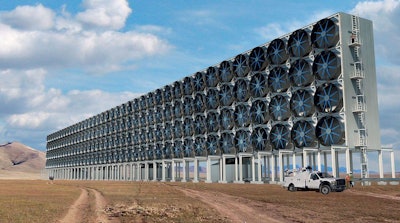
The research was led by David Keith, a Harvard Professor and founder of CE, and published by Joule, a leading scientific journal dedicated to ground-breaking energy research. The findings are based on 3 years’ research from CE’s pilot plant located in Squamish, B.C.
Keith explains, “Until now, research suggested it would cost $600 USD per ton to remove CO2 from the atmosphere using DAC technology, making it too expensive to be a feasible solution to removing legacy carbon at scale. At CE, we’ve been working on direct air capture since 2009, running our pilot plant since 2015, and we now have the data and engineering to prove that DAC can achieve costs below $100 USD per ton. No prior research in the peer-reviewed literature provides a design and engineering cost for a complete DAC system– and this paper fills that gap.”
CE is now commercializing DAC technology through integration with the company’s AIR TO FUELS process, which uses water electrolysis and fuels synthesis to produce clean liquid hydrocarbon fuels that are drop-in compatible with existing transportation infrastructure. CE has proven both DAC and AIR TO FUELS technologies and has been capturing CO₂ from the atmosphere since 2015 and converting it into fuels since December 2017.
“CE’s vision is to reduce the effects of climate change by first cutting emissions, then by reducing atmospheric CO2,” says Steve Oldham, CEO of CE. “Our clean fuel is fully compatible with existing engines, so it provides the transportation sector with a solution for significantly reducing emissions, either through blending or direct use. Our technology is scalable, flexible and demonstrated. Today, we’re actively seeking partners who will work with CE to dramatically reduce emissions in the transportation sector and help us move to a carbon-neutral economy.”
Noah Deich, Executive Director, Center for Carbon Removal, says, “Direct air capture technology offers a highly-scalable pathway to removing carbon from the atmosphere. This analysis demonstrates the potential for Carbon Engineering’s technology to fall to a cost that would drive significant investment and corporate adoption in the near future.”
The full manuscript, detailing the cost and process for capturing CO₂ from the atmosphere, can be viewed here.
Footnote:
*The most influential prior estimate of DAC costs was provided by a 2011 American Physical Society (APS) study.
